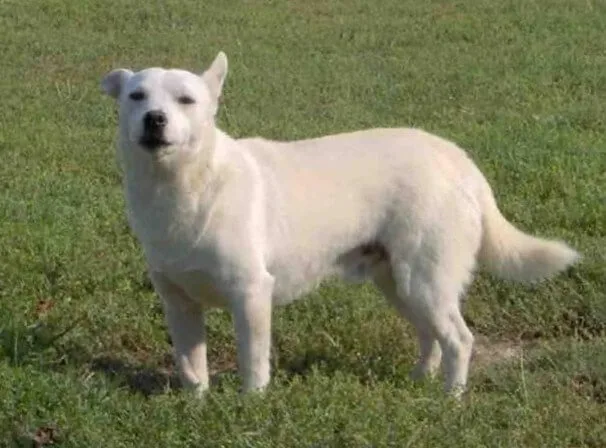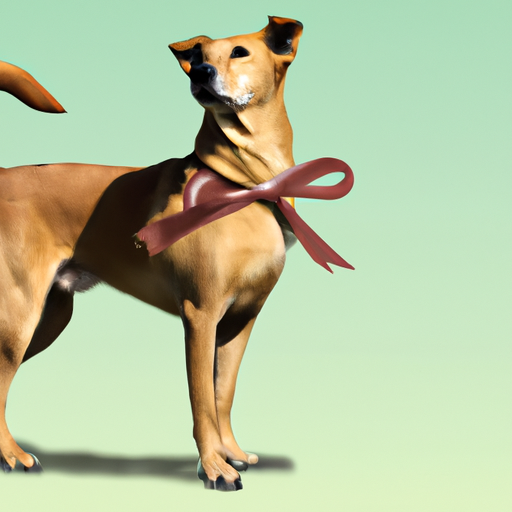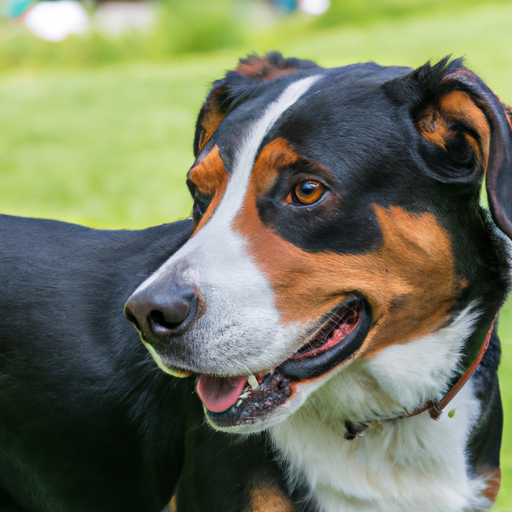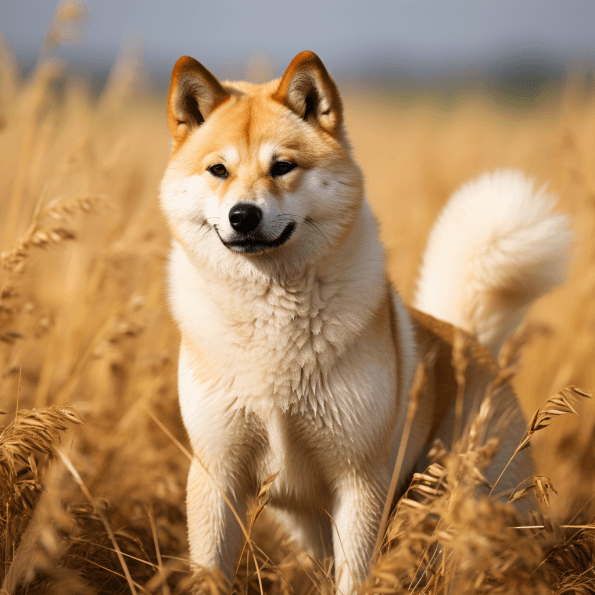Alopekis
If you’ve ever wondered about those undeniably charming little dogs that seem to have personality leaking out of every pore, then chances are you’re thinking about an Alopekis. This article will provide you with everything you need to know about these dynamic diminutives. Each breed carries its distinct temperament, disposition, and physical characteristics, and the Alopekis are no different. By the end of this article, you’ll have a profound understanding of their history, the nature of their breed, their health, and what makes them such an attractive and adored physical and emotional companion. Let’s shine a light on these tiny but plucky underdogs of the canine world.
History of the Alopekis
The Alopekis, touted as a ‘pure Greek’ breed, has a fascinating history that stems from the ancient civilizations. This breed is believed to have accompanied the first agrarian societies in Greece, from the Neolithic and Bronze Age.
Ancient Greek Origins
The Alopekis, a small breed, has origins tracing back to ancient Greece. Historical artifacts, frescoes, and sculptures dating as far back as 4000 BC depict a similar dog breed resembling the Alopekis. It is thought that the ancient Greeks used these dogs for their vermin hunting skills.
Survival Through Time
With survival instincts, resilience, and adaptability, the Alopekis has managed to thrive throughout centuries despite periods of hardship. The breed coped with famine, war and urbanization by seizing any available survival opportunity from vermin hunting to living off food scraps.
Recognition as a Distinct Breed
It wasn’t until the late 20th century when the Alopekis was officially recognized as a distinct breed. Though not recognized by many international breed clubs, the breed is acknowledged by the United Kennel Club and the Greek Kennel Club.
Characteristics of the Alopekis
Beloved for its distinctive appearance, the Alopekis is a robust breed of small stature with a vibrant, friendly expression.
Physical Description
Typically, an Alopekis weighs between 6 to 15 pounds and stands about 10 to 12 inches tall. They have a muscular body with a well-rounded chest and a thick neck.
Distinctive Features
Known for their fox-like faces, the Alopekis have pointed ears which can be either pricked or semi-pricked. They have a stumpy, straight tail that’s slightly curved at the end.
Coat and Coloring
The breed has a sleek, tight coat that can come in various shades. Predominant colors include white, black, orange, sable, and even tricolors.

Temperament of the Alopekis
The Alopekis is a breed well-known for its cheerful disposition and quick, agile character.
Behavioral Traits
As a naturally alert and intelligent breed, the Alopekis is vigilant, always aware of its surroundings. It is also very sociable and easily adapts to diverse situations, making it an excellent companion.
Interactions with Humans
The Alopekis bonds very strongly with its human family. It is friendly, loyal, and very affectionate towards its owners. It also easily interacts with strangers, making it a great breed for social events.
Interactions with Other Animals
Although friendly with humans, the Alopekis can be somewhat reserved around other animals. However, with proper socialization and training, they get along well with other pets.
Care for an Alopekis
Like any other breed, owning an Alopekis comes with essential responsibilities to ensure their health and happiness.
Dietary Needs
The Alopekis should be nourished with a balanced diet rich in protein, fiber, and good fats. Moreover, portion control is important as this small breed can easily become overweight.
Grooming Requirements
With their short, sleek coats, Alopekis are low maintenance on grooming. Regular brushing once a week is enough to keep their coat healthy and shiny.
Exercise Requirements
Despite its small size, Alopekis is quite energetic and active. They require regular daily exercise which can be accomplished through walks, play sessions or agility exercises.
Health Considerations for the Alopekis
Common Health Issues
Most Alopekis are generally healthy, but like all breeds, they’re susceptible to specific health conditions. Some common issues include dental problems, obesity, and eye conditions.
Preventative Healthcare Measures
Regular check-ups, a balanced diet, and plenty of exercise can help prevent health issues. Keeping up with dental hygiene is also important for this breed.
Life Expectancy
An Alopekis has a lifespan of about 12-15 years when properly cared for, which is relatively long for dog breeds.
Training an Alopekis
Training Techniques
Although this breed is intelligent, training an Alopekis may require some patience. Positive reinforcement techniques work best as they respond well to rewards and praises.
Common Behavioral Problems
Potential behavioral issues may include excessive barking and a tendency to chase small animals due to its hunting instinct. However, these issues can be addressed with proper training and socialization.
Socialization
It is important to socialize your Alopekis with people and other pets at an early age. This will help lessen any reserved behaviour and also make them more well-rounded dogs.
Breeding of Alopekis
Breeding Considerations
If you’re considering breeding Alopekis, it’s advised to do genetic testing to avoid passing on potential health issues.
Puppy Care
Just like any other breeds, Alopekis puppies need a lot of care and attention. A balanced diet, regular vet visits, vaccinations, and plenty of play and sleep are crucial.
Importance of Genetic Diversity
To maintain the health and sustainability of this breed, genetic diversity is very important. Avoid inbreeding and try to source dogs from diverse gene pools.
Alopekis in Competition
Alopekis in Dog Shows
Although not as popular as other breeds in the show ring, the Alopekis have a unique charm that makes them attractive candidates. Their sociable nature and lively gait are their main appeals.
Performance in Agility Trials
With their agility and quickness, Alopekis are naturally cut out for agility trials. With adequate training, they could perform really well.
Success in Obedience Competitions
Given their intelligence and receptiveness to training, Alopekis have excelled in obedience competitions, earning both applause and awards.
Alopekis as a Family Pet
Suitability for Families with Children
Due to their loyal and loving nature, Alopekis are excellent family pets. They are also good with children as they are friendly and adaptable.
Interactions with Other Pets
Though initially reserved, they do get along well with other pets, especially when properly socialized early in life.
Accommodating an Alopekis in Urban and Rural Living
Whether urban or rural, Alopekis can adjust well as long as they have sufficient room to play and exercise.
Rescuing & Adopting an Alopekis
Finding an Alopekis in Rescue Groups
While not as common, Alopekis can still be found in rescue groups or local animal shelters. Always look into these options before purchasing from breeders.
Considerations for Adoption
Consider your living situation, available time, and financial resources before adopting an Alopekis. They may be small in size, but they require plenty of attention and care.
The Adoption Process
The process varies in different places, but generally, it involves an application, interview, and a home visit. Once approved, you’ll need to sign an adoption contract and pay the adoption fee. As enthusing as the process can be, always take the time to ensure you are fully equipped to provide the required care and affection your new Alopekis friend deserves.






